Rowanberry wine: A distinctive and delicious tipple
Aficionados laud the wine’s unique taste, which develops over the 12–18 months it takes to mature.
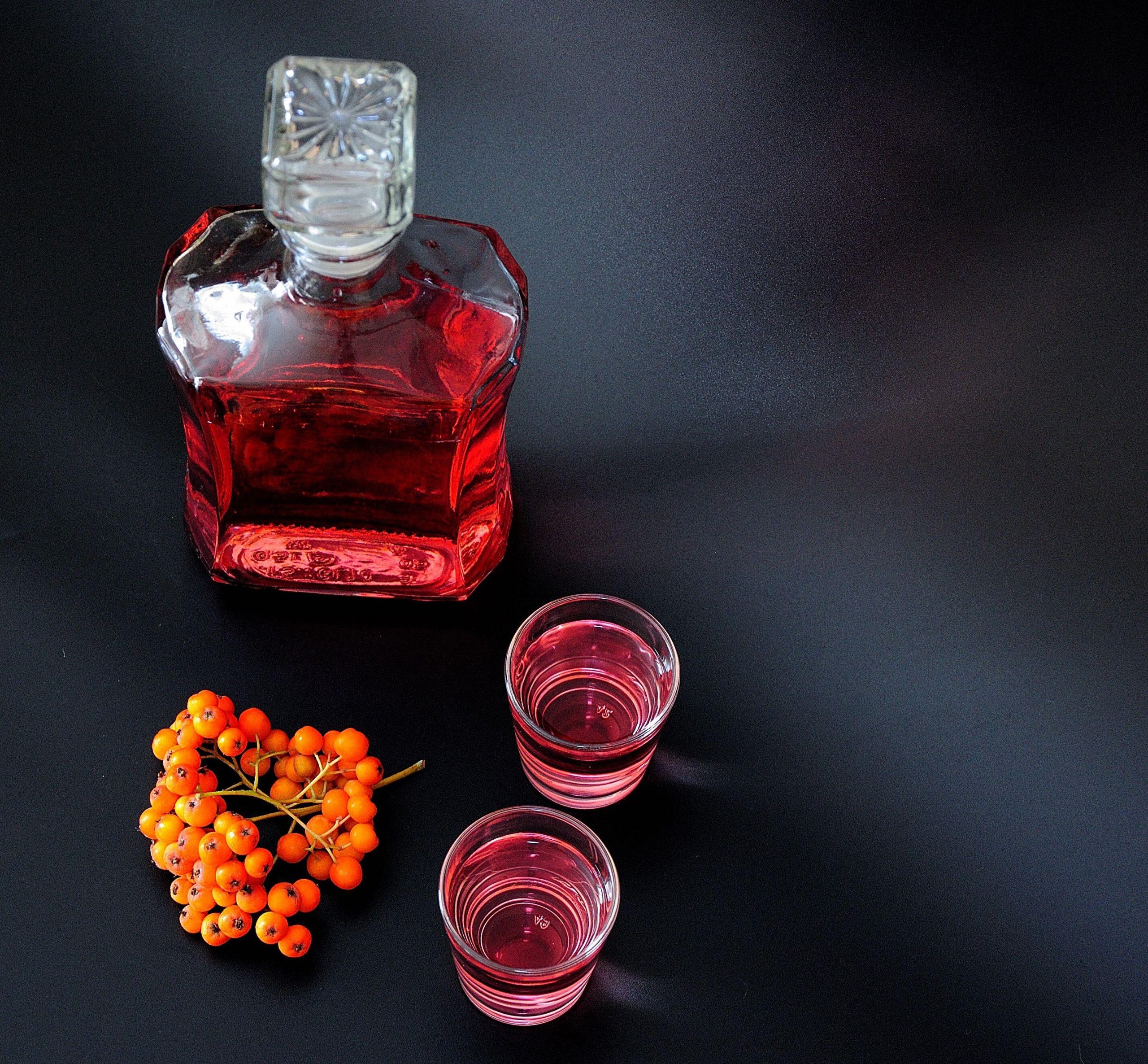

Rowanberries — the eye-catching fruit of the rowan tree — have a high concentration of Vitamin C. Edible when ripe, these vivid crimson, pip-filled fruits should be avoided uncooked due to their sourness and a bitter aftertaste (which even birds appear to dislike). As well as a sharp-tasting jam, however, the berries can be used to make a variety of drinks, chief among them rowanberry wine.
Seldom the first choice among British tipplers, it was nonetheless a handy drink of last resort — Richard Gough, writing about his travels in North Wales towards the end of the 18th century, tells us that most of the Welsh drank cider imported from England, but the poorer North Walians in the counties closest to the border would instead mix their cider with ‘the juice of the Craviol or Mountain Ash’, which, Gough informs us, then grew wild across Denbighshire. The drink was reportedly called diodgriafel and appears to have been a staple of life for indigent families in these regions. Its associations with poverty may contribute to its current unpopularity.
That said, aficionados laud the wine’s distinctive taste, which develops over the 12–18 months it takes to mature. The production process requires more ingredients than for some fruit wines or spirits including either white-wine yeast or sherry yeast — and, given the berries’ bitterness, the proportions of fruit to sugar are high. It is also important that the fruit used is ripe and strongly coloured, although not overripe to the point of softness.
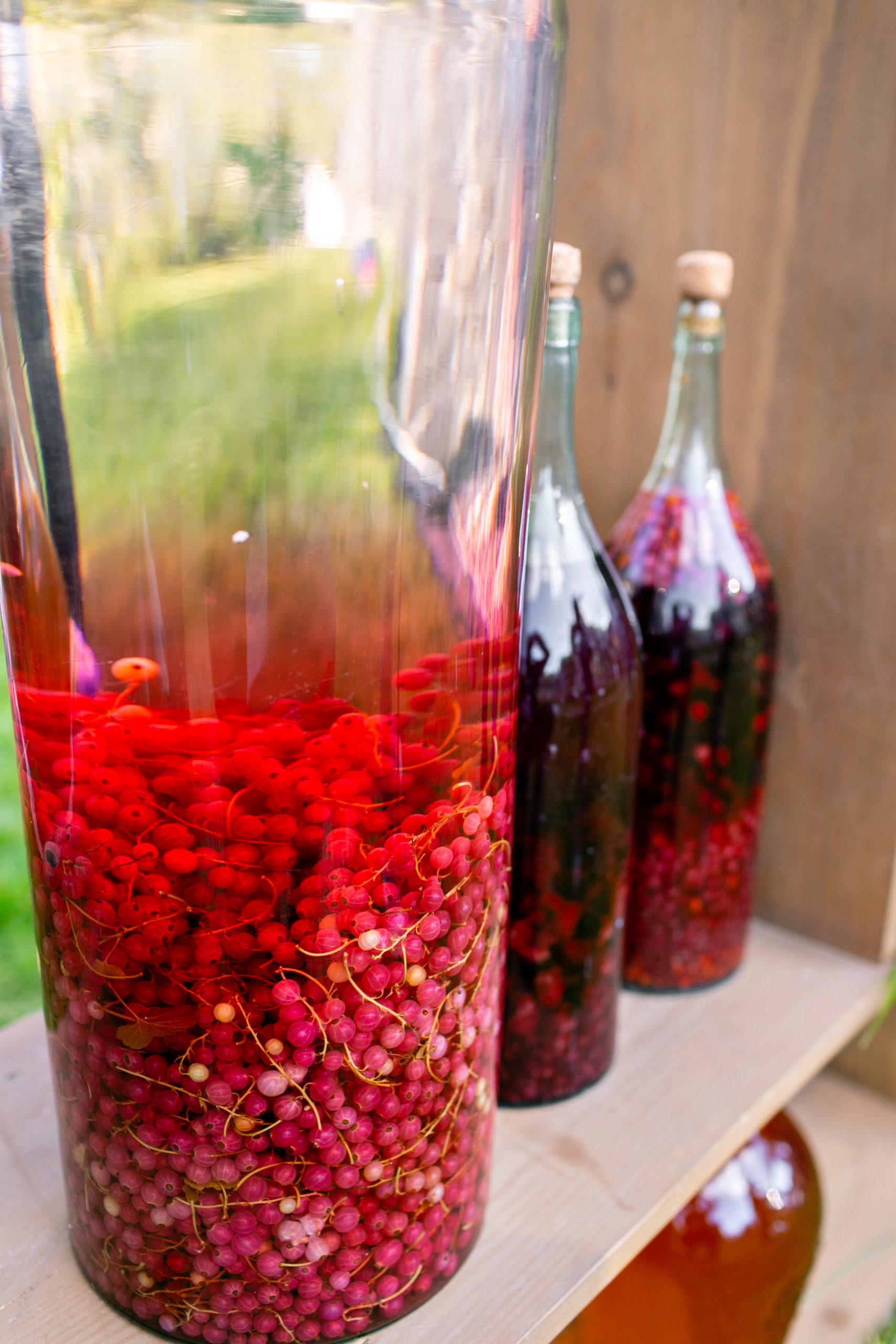
After the initial combining process, and the sieving that takes place once fermentation has happened (usually between three days and a week, depending on the temperature at which the mixture is stored), the bottled liquid can be left to mature unattended in sterilised bottles.
The results, a friend tells me, are delicious — quite different from the effect of mistaking rowan flowers for elderflowers when making elderflower cordial.
If you don't have the time to make your own — or the patience to wait for it to ferment, you can buy organic rowanberry wine from Healthy Wines at www.healthywines.co.uk.
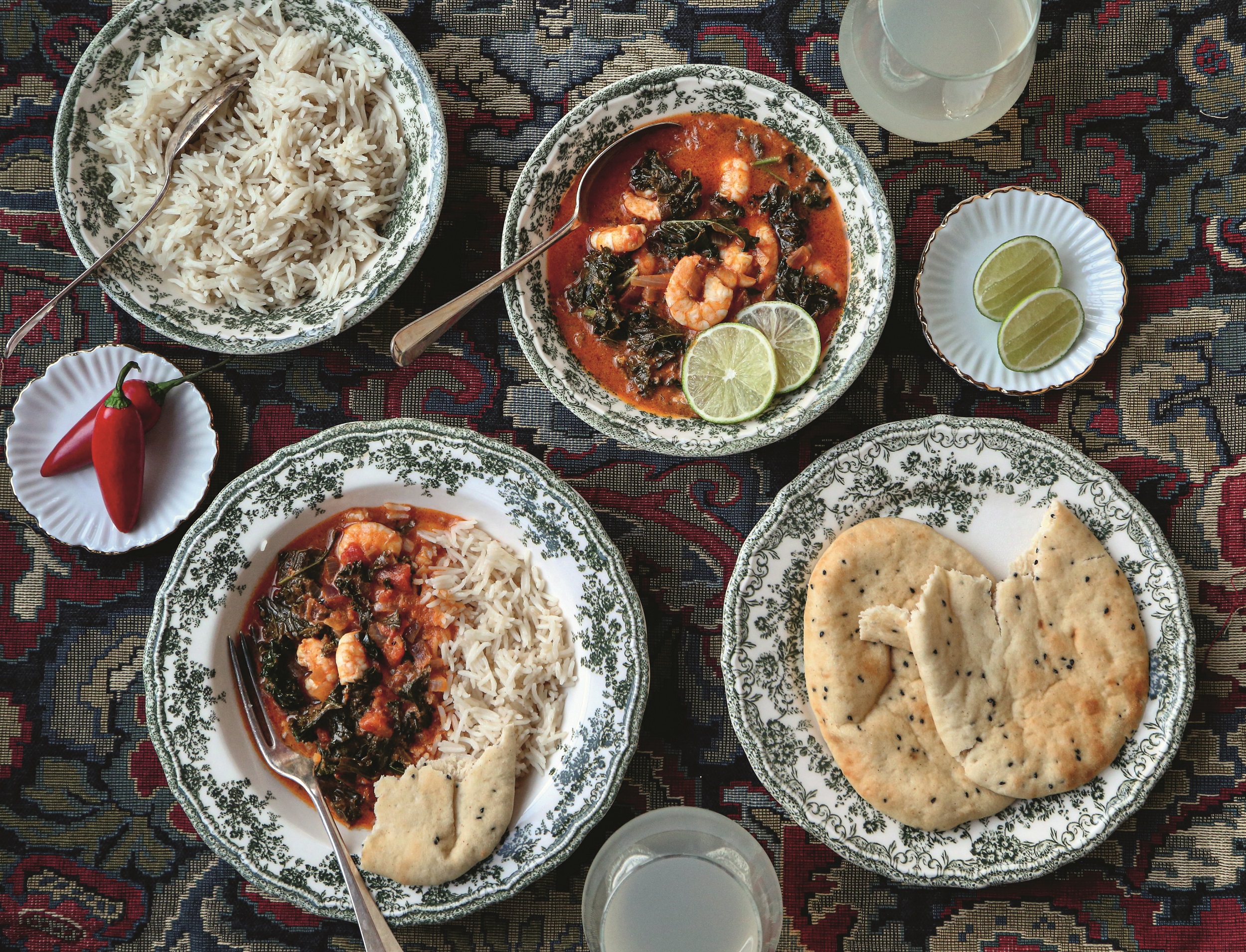
Credit: Melanie Johnson
Exquisite houses, the beauty of Nature, and how to get the most from your life, straight to your inbox.
Kalettes, the deliciously earthy alternative to sprouts that will even liven up a curry
Melanie Johnson shares a beautiful winter dish, combining the earthy flavours of kalettes with coconut curry prawns.
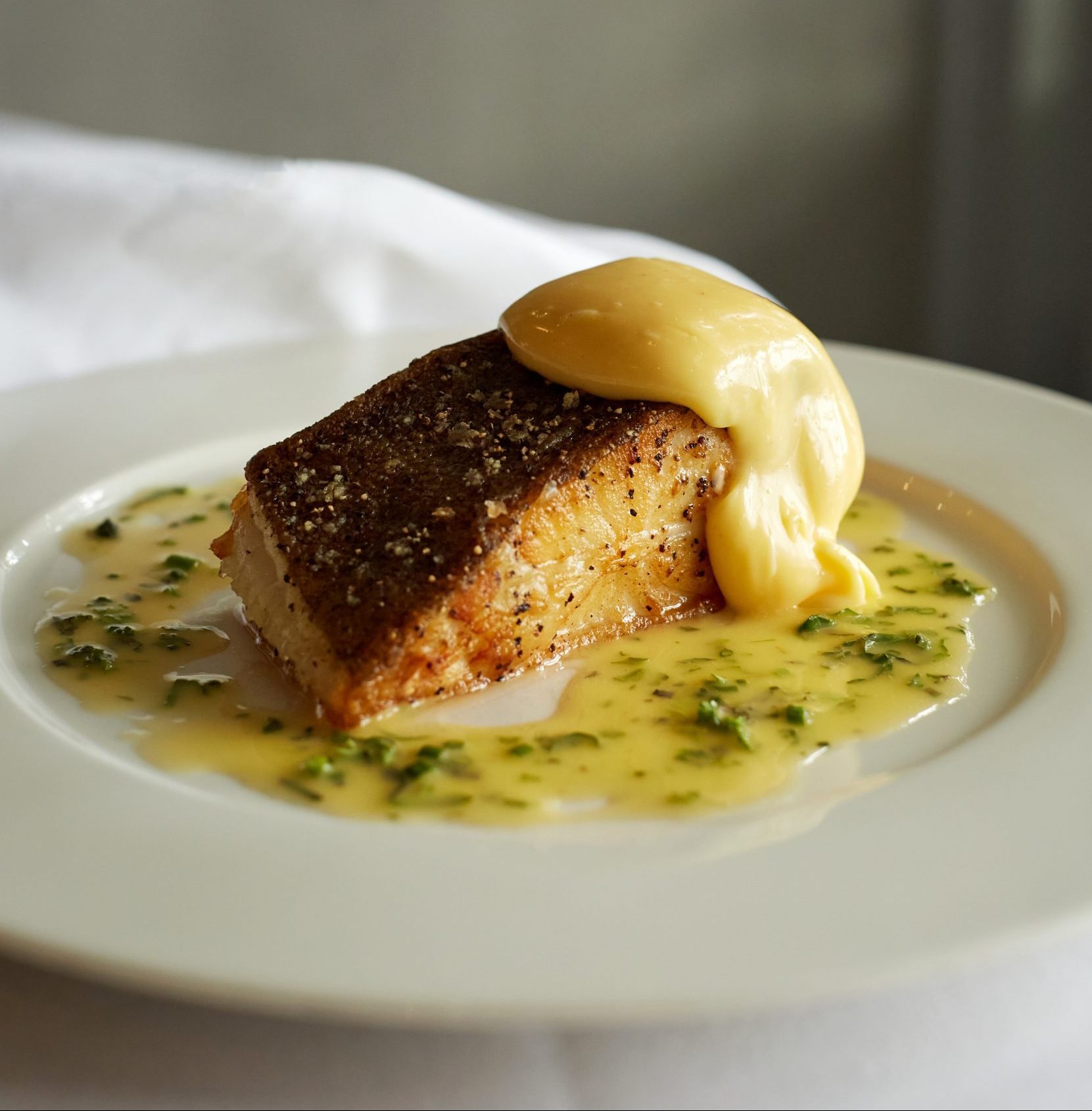
How to make Rick Stein’s turbot with hollandaise — and why you should never make it with a perfectly fresh fish
A versatile Old Master, turbot is a flat fish so eternally appealing that it commands its own cooking vessel, says
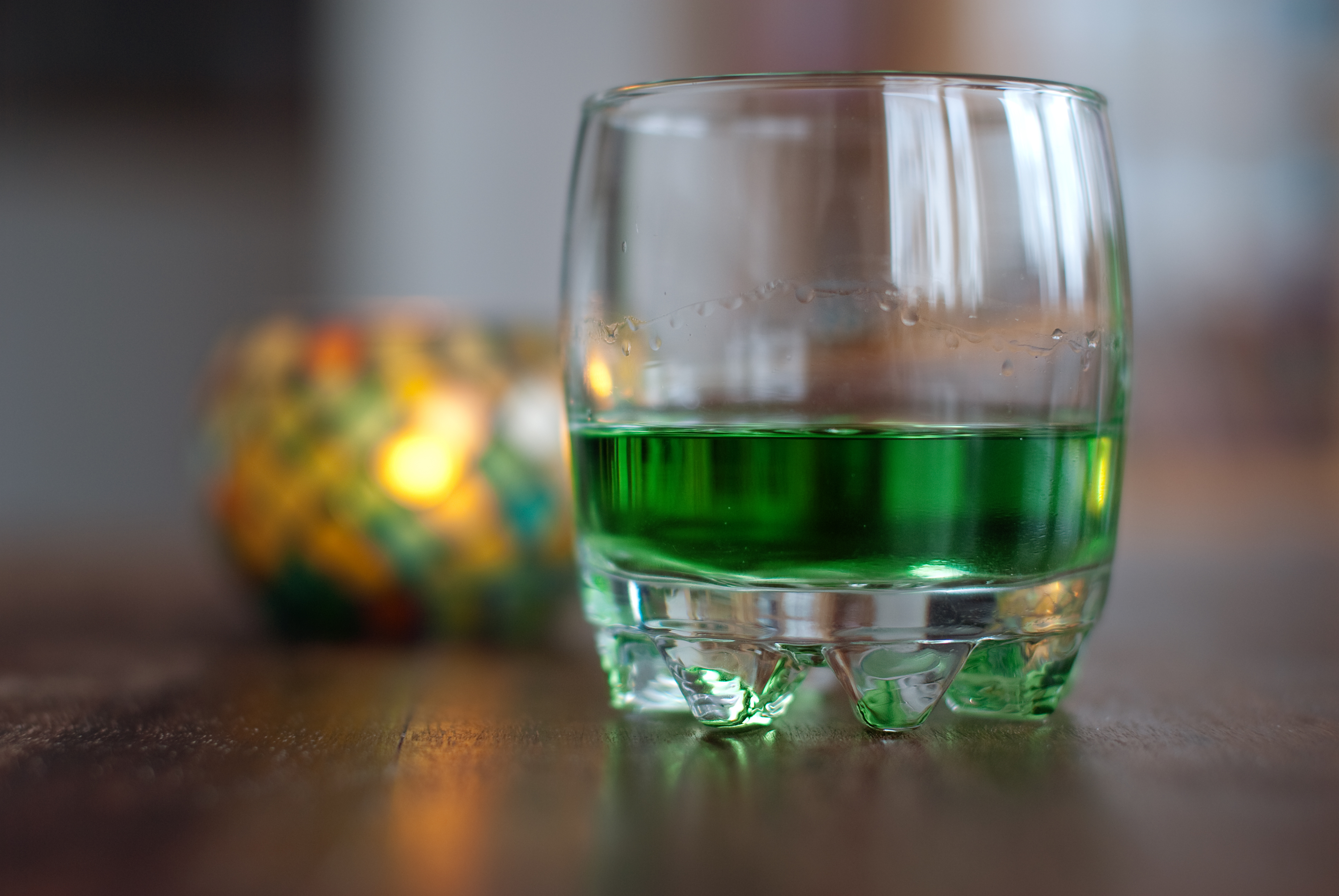
Curious Questions: Why was absinthe banned?
Absinthe is almost unique among alcoholic spirits for having been outlawed in even some of the world's most liberal countries
Country Life is unlike any other magazine: the only glossy weekly on the newsstand and the only magazine that has been guest-edited by His Majesty The King not once, but twice. It is a celebration of modern rural life and all its diverse joys and pleasures — that was first published in Queen Victoria's Diamond Jubilee year. Our eclectic mixture of witty and informative content — from the most up-to-date property news and commentary and a coveted glimpse inside some of the UK's best houses and gardens, to gardening, the arts and interior design, written by experts in their field — still cannot be found in print or online, anywhere else.
